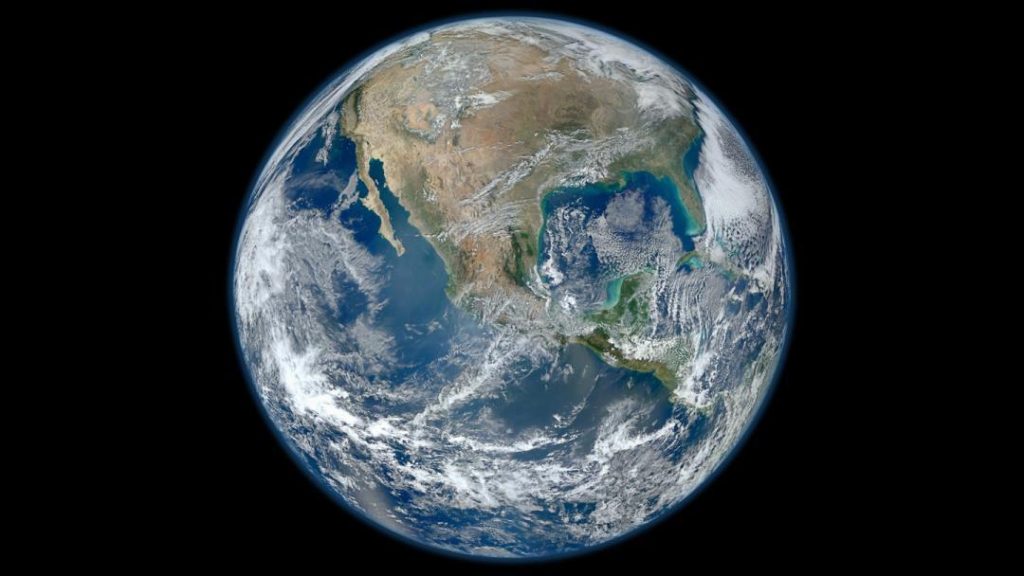
Earth could be ejected from solar system, says study
The solar system, a vast expanse of celestial bodies orbiting the Sun, is home to life as we know it. For over four billion years, Earth has been the perfect distance from the Sun, allowing for the existence of liquid water, life, and ultimately, us. However, a recent study published in the journal Icarus suggests that this stability could be disrupted, potentially ejecting Earth from the solar system altogether.
The study, which analyzed the movements of nearby stars and their gravitational influence on our solar system, suggests that passing stars could be the trigger for instability during the next four billion years. The researchers warn that the gravitational pull of these stars could potentially throw Earth off its orbit, sending it hurtling towards another planet or even the Sun.
While the likelihood of this event is extremely low, the thought of being ejected from the solar system is a daunting one. It’s a concept that challenges our understanding of the stability of our cosmic neighborhood and the very existence of life on Earth.
So, what are the chances of Earth being ejected from the solar system, and what would be the consequences of such an event?
The Study’s Findings
The study, led by Dr. Alessandro Trani of the University of Padova in Italy, used computer simulations to model the movements of nearby stars and their gravitational influence on our solar system. The researchers analyzed the orbits of 2,000 stars within 300 light-years of the Sun, looking for any potential disruptions to the stability of our solar system.
The study found that the gravitational pull of one star, HD 164595, could potentially trigger a chain reaction that would disrupt the orbits of the planets, including Earth. HD 164595 is a star located about 95 light-years from the Sun, and its gravitational influence could cause the orbits of the planets to become unstable.
The Consequences of Ejection
If Earth were to be ejected from the solar system, the consequences would be catastrophic. The planet would no longer be bound to the Sun, and its orbit would be disrupted, sending it hurtling towards another planet or the Sun.
In the worst-case scenario, Earth could collide with the Sun, causing a massive explosion that would destroy the planet. Alternatively, it could be sent hurtling towards Jupiter, the largest planet in our solar system, potentially leading to a catastrophic collision.
Even if Earth were to be ejected into interstellar space, the planet would still face a bleak future. Without the warmth and light of the Sun, life as we know it would cease to exist. The planet would slowly cool, becoming a frozen, dark, and lifeless rock.
The Likelihood of Ejection
While the study suggests that the gravitational pull of passing stars could trigger instability in our solar system, the likelihood of Earth being ejected is extremely low. The researchers estimate that the chances of such an event occurring during the next four billion years are less than 1%.
However, the study’s findings do highlight the importance of monitoring the movements of nearby stars and their gravitational influence on our solar system. By tracking these movements, scientists can better understand the stability of our cosmic neighborhood and prepare for any potential disruptions to the orbits of the planets.
Conclusion
The study’s findings may seem alarmist, but they serve as a reminder of the fragility and complexity of our solar system. While the likelihood of Earth being ejected from the solar system is low, it’s essential to continue monitoring the movements of nearby stars and their gravitational influence on our cosmic neighborhood.
As we look to the future, the study’s findings serve as a reminder of the importance of understanding the stability of our solar system and the potential risks that come with it. While the thought of being ejected from the solar system may be daunting, it’s a reminder of the incredible beauty and complexity of the universe we inhabit.
Source:






